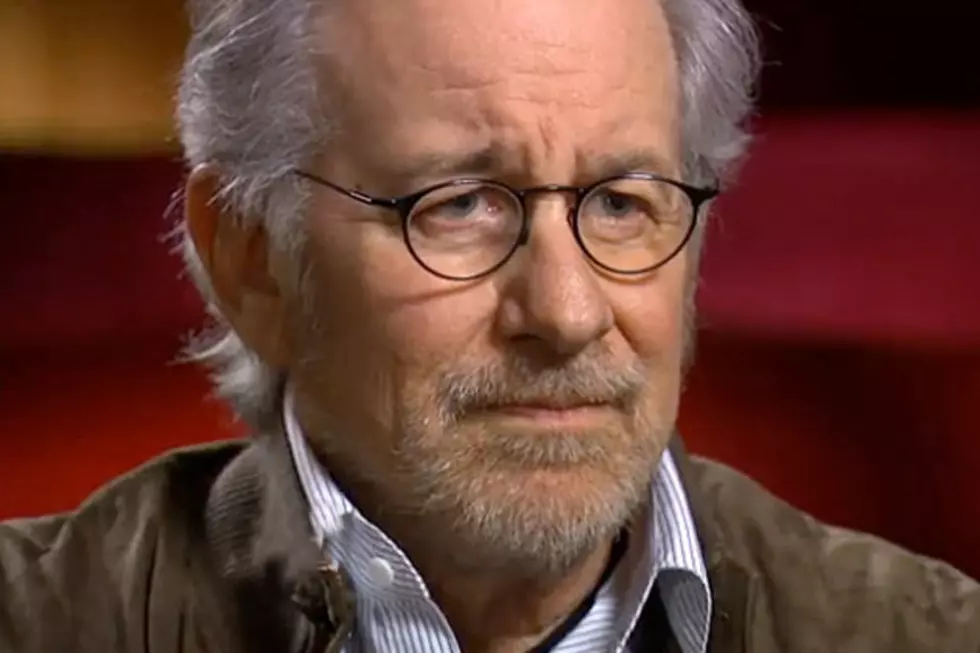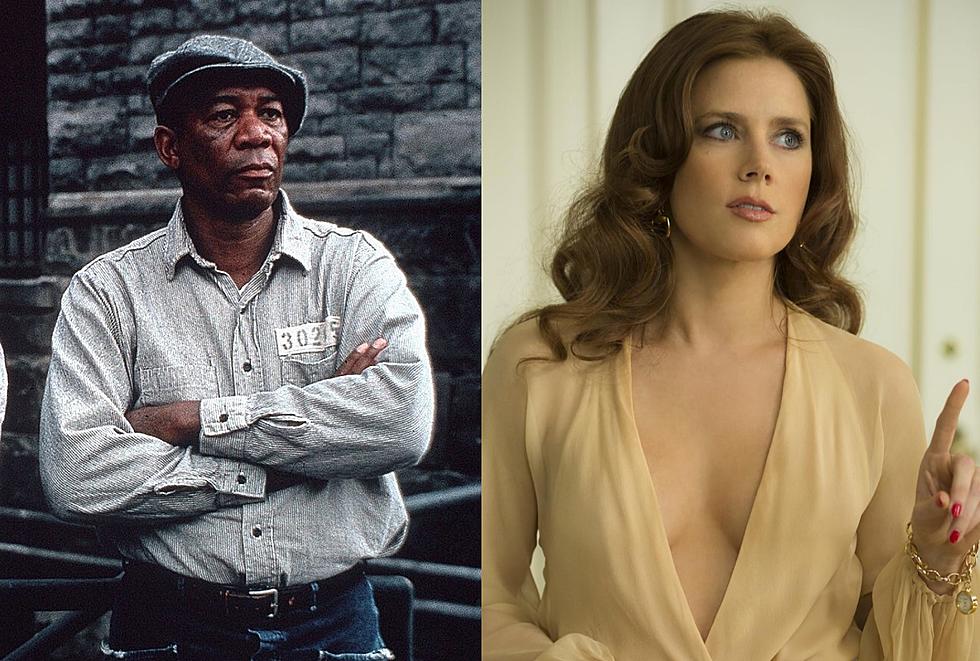
$150 For a Movie Ticket? Steven Spielberg and George Lucas Say Hollywood is Headed Toward Disaster
When Steven Spielberg and George Lucas talk, people tend to listen. So, when these two living legends participated at a panel about the future of entertainment at the University of Southern California and said that Hollywood was heading toward complete and total disaster, plenty of heads were turned. If two of the most successful filmmakers in history think their industry is doomed, then surely they must be right. Right?
Speaking candidly about the modern movie landscape, Spielberg discussed a future where studios put all of their time and money into a handful of surefire successes instead of taking any risks whatsoever:
You're at the point right now where a studio would rather invest $250 million in one film for a real shot at the brass ring than make a whole bunch of really interesting, deeply personal — and even maybe historical — projects that may get lost in the shuffle because there's only 24 hours [in the day].
Of course, what Spielberg doesn't really say is that we're already at that point. Just look at the current summer and at movies like 'Iron Man 3' and 'Star Trek Into Darkness.' Some of these movies are good (and a few of them even pretty terrific), but none of them particularly feel like risks. Heck, if there's one summer blockbuster that feels like it's attempting to do something new, it's 'Pacific Rim' and that still cost almost $200 million and it's not even out yet.
Spielberg continued, predicting a year where a string of expensive movies all flop so badly that the current system simply collapses in on itself:
There's going to be an implosion where three or four or maybe even half a dozen of these mega-budgeted movies are going to go crashing into the ground and that's going to change the paradigm.
And that, Spielberg says, is where the way we watch movies will change forever. Imagine a world where going to the movies is the equivalent of going to a Broadway show or to a sporting event. Imagine a world where taking a trip to the movie theaters is a big deal reserved for special occasions. For many movie fans, it's a scenario that feels downright apocalyptic:
What you're going to end up with is fewer theaters. Bigger theaters, with a lot of nice things. Going to the movies is going to cost you 50 bucks, maybe 100. Maybe 150. And that's going to be what we call ‘the movie business.' But everything else is going to look more like cable television on TiVo.
So that's the world that Spielberg predicts is on the horizon. A world where we watch most of our content at home through VOD and streaming services and occasionally venture out to pay $100 to see 'The Avengers 14.' A world where smaller movies will cost us $7 and studios movies will cost a helluva lot more.
However, Lucas presented a silver lining to all of this. In this post-studio film industry, filmmakers could make more personal and specific projects and make them instantly available to their potential audiences. He pointed to VOD and TV offerings, which he admitted are...
...usually more interesting than what you're going to see in the movie theater. And you can get it whenever you want, and it's going to be niche-marketed, which means you can really take chances and do things if you can figure out there's a small group of people that will kind of react to it.
And it goes on and on, with the two of them eventually discussing a world where there's no gap between theatrical release and home release. This entire conversation feels coated in doom and gloom, an apocalyptic prophecy from two of cinema's wisest and most forward-thinking visionaries. This is the equivalent of two sages on the top of a mountain telling the young hero that a great darkness is coming to his land and that there's nothing he can do to stop it.
However, let's choose to look at the bright side of this whole debacle.
Let's remember the last time the movie industry faced certain collapse. The rise of television in the '50s led to record-low audiences in the '60s, as people stopped going to the theaters and started staying in for their entertainment. Studios responded by making bigger and more expensive films, which led a series of bigger and more expensive flops (does this sound familiar yet?). By 1969, the studios were desperate enough to give anything a shot and they started embracing the unknown. They started giving money to people with names like Francis Ford Coppola, Martin Scorsese, Hal Ashby, Dennis Hopper, William Friedkin and, of course, Steven Spielberg and George Lucas. At its darkest moment, the film industry grew desperate enough to give the most talented generation of filmmakers in the history of a medium a chance, giving birth to the greatest decade of movies ever.
And now history is repeating itself. It's hard to imagine the studios embracing fresh new talent like they did forty years ago, but it's easy to imagine this shifting landscape giving the great filmmakers of tomorrow a place to start. A potential industry meltdown gave the brightest talents a chance to shine decades ago and another potential meltdown could be seen as an opportunity. If the system breaks, it's entirely possible to see it rebuilt into something stronger and, more importantly, better than before. So, maybe we're looking at a world where theater trips are reserved for special occasions, but we're also looking at a world where a cinematic revolution is occurring in our home theaters.
If Spielberg and Lucas are right, we have some rough times ahead...but sometimes, a rocky road leads to a paradise. We can only hope.
More From ScreenCrush









